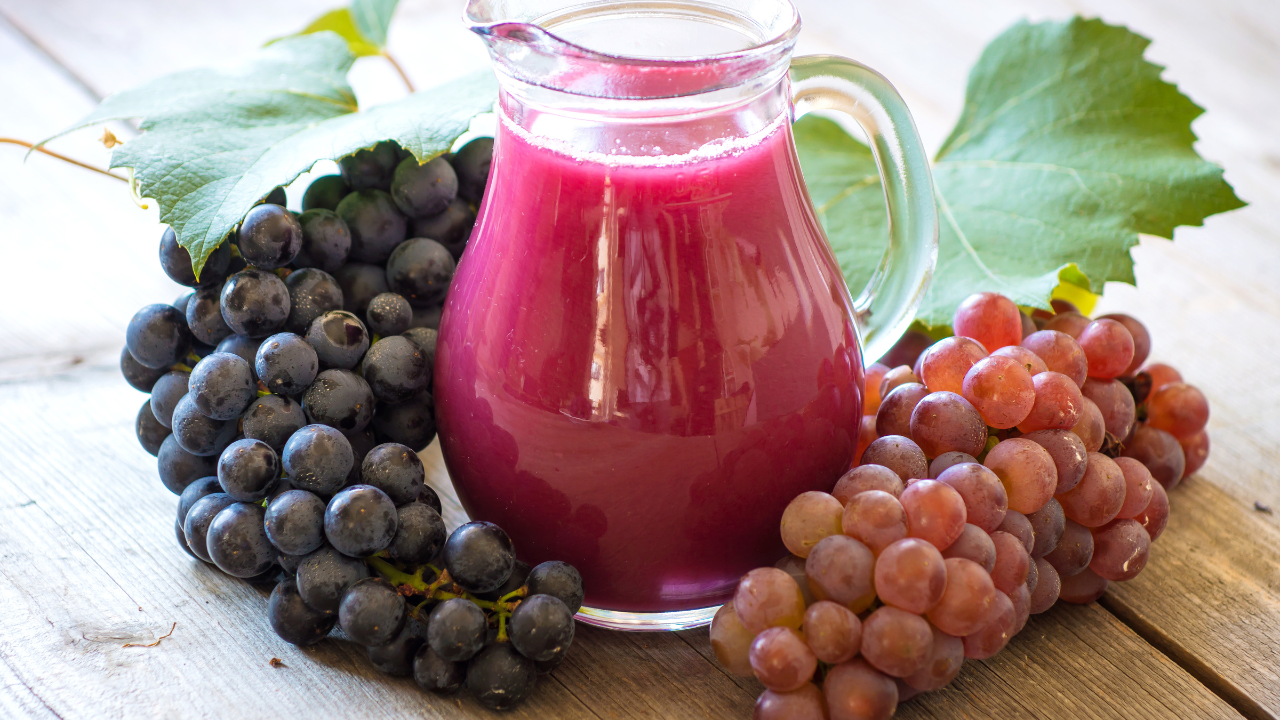2/7
Multivitamins as a ‘health shortcut’
It’s widely believed that multivitamins can replace missing nutrients from food. That’s only half the truth.
While multivitamins do contain essential vitamins and minerals like Vitamin C, B12, iron, or zinc, they don’t replicate what whole foods offer. A fresh fruit, for example, not only gives Vitamin C but also fiber, enzymes, and antioxidants—all of which work in harmony. A synthetic pill cannot mimic this natural teamwork.
Multivitamins work best as a support—not a replacement. They may help when the diet is poor, in certain health conditions, during pregnancy, or for elderly people with absorption issues. But relying on them as a shortcut to health often leads to disappointment.

 4 hours ago
37
4 hours ago
37




























 English (US)
English (US)